Home>Interior Design>Are Down Pillows Ethical? Find Out How This Luxury Filling Is Sourced
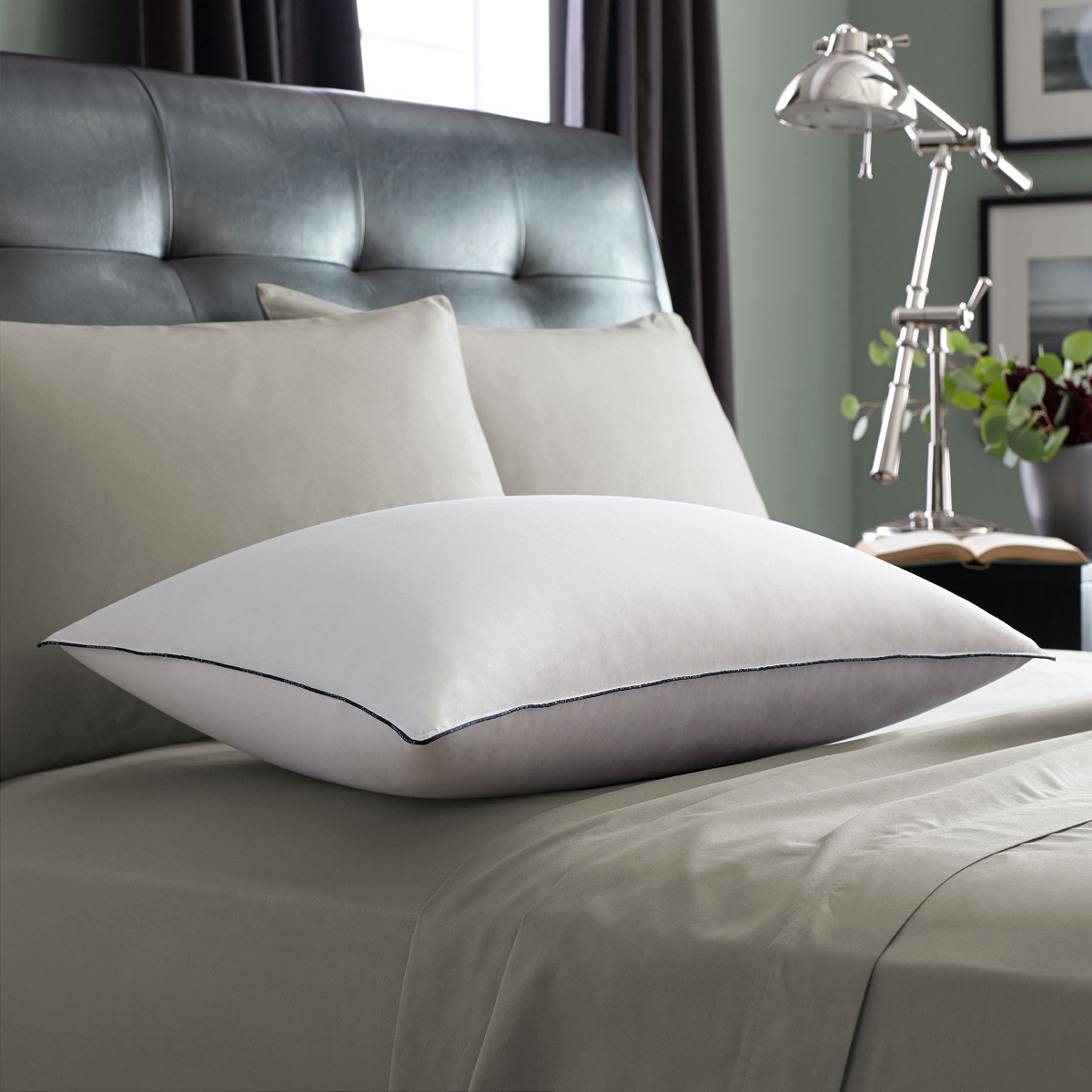

Interior Design
Are Down Pillows Ethical? Find Out How This Luxury Filling Is Sourced
Modified: January 19, 2024
Discover the ethical sourcing behind down pillows, a luxurious filling for interior design. Find out if this coveted accessory aligns with your values.
(Many of the links in this article redirect to a specific reviewed product. Your purchase of these products through affiliate links helps to generate commission for Storables.com, at no extra cost. Learn more)
Introduction
When it comes to creating a cozy and luxurious sleeping experience, many people turn to down pillows. These pillows, filled with the soft and lightweight feathers found beneath the exterior feathers of ducks and geese, have long been favored for their exceptional comfort. However, as the demand for down-filled products continues to rise, so does the concern about the ethics surrounding the sourcing of down.
It is important to understand the process behind obtaining down feathers to assess the ethical implications. This article aims to shed light on the topic, exploring the controversy surrounding down sourcing and offering insights into ethical alternatives. By being informed about down pillows, you can make conscious choices that align with your values.
Key Takeaways:
- Ethical down sourcing is crucial. Look for certifications like RDS, Global TDS, or Downpass to support responsible practices and animal welfare when choosing down pillows.
- Consider down alternative options. Synthetic fills, plant-based fibers, wool, or natural latex provide comfort while addressing ethical concerns associated with traditional down sourcing.
Read more: How To Wash Down Filled Pillows
What are down pillows?
Down pillows are pillows filled with the soft and fluffy feathers found beneath the tougher outer feathers of ducks and geese. These feathers are highly sought after for their exceptional comfort and insulation properties. Unlike synthetic fillings, which can flatten over time, down clusters have the ability to loft and reshape themselves, providing optimal support and comfort.
The down used in pillows is known for its incredible softness and lightweight feel, making it a popular choice for those who prioritize a plush sleeping experience. The natural loftiness of down allows the pillow to contour to the shape of the sleeper’s head and neck, providing support where needed.
The feathers used in down pillows come from a variety of waterfowl, including ducks and geese. Different types of down vary in terms of their quality and warmth. For example, the down from goose feathers is generally considered to be of higher quality and offers better insulation than duck down. The size and age of the bird can also affect the quality of the down feathers.
To create down pillows, the feathers are carefully cleaned and sterilized to ensure hygiene. They are then sorted based on size and quality. The feathers are placed inside a pillow casing, typically made from natural fibers such as cotton, to prevent them from escaping. The result is a fluffy and luxurious pillow that provides unmatched comfort for a good night’s sleep.
The popularity of down pillows
Down pillows have been cherished for centuries and continue to be a popular choice among consumers around the world. Their natural softness, lightweight feel, and superior comfort make them a go-to option for those seeking a luxurious sleep experience. Let’s explore the reasons behind the enduring popularity of down pillows:
1. Comfort: One of the main reasons people opt for down pillows is the unmatched comfort they provide. The fluffy nature of down feathers allows the pillow to conform to the shape of the sleeper’s head and neck, offering optimal support and pressure relief.
2. Temperature regulation: Down feathers possess excellent insulation properties, allowing them to regulate body temperature effectively. This means down pillows can keep sleepers warm in the winter and cool in the summer by maintaining an ideal sleeping environment.
3. Durability: When properly cared for, down pillows can have a long lifespan. The natural resilience of down feathers allows the pillow to regain its shape after use, preventing it from flattening over time. With proper maintenance, down pillows can provide years of comfortable sleep.
4. Natural and sustainable: Down is a natural material, harvested from waterfowl during their natural molting season. This makes down a renewable resource, as birds naturally shed their feathers. Additionally, down pillows are often biodegradable, making them a more environmentally friendly choice compared to synthetic alternatives.
5. Luxurious feel: The soft and fluffy texture of down pillows adds a touch of luxury to any sleeping space. The indulgent feel of sinking into a cloud-like pillow is a luxury experience that many people desire.
6. Hypoallergenic options: While some individuals may have concerns about allergies to down feathers, there are hypoallergenic down pillows available. These pillows go through additional processing steps, such as washing and sterilization, to remove allergens and make them suitable for allergy-prone individuals.
Given the numerous benefits and the luxurious appeal of down pillows, it is no wonder why they remain a popular choice for those seeking a premium sleep experience. However, it is crucial to delve into the controversy surrounding down sourcing to make informed decisions about the ethical implications of using down-filled products.
The controversy surrounding down sourcing
While down pillows offer exceptional comfort and luxury, their sourcing process has become a topic of controversy in recent years. The ethical concerns surrounding down feathers primarily revolve around the treatment of animals and the potential for live plucking and force-feeding. Let’s explore the main points of contention:
1. Live plucking: One of the most significant ethical issues associated with down sourcing is the practice of live plucking. In some cases, geese and ducks are subjected to the painful process of having their feathers plucked while they are still alive. This inhumane practice is done to maximize the yield of feathers and can lead to stress, pain, and injury for the birds.
2. Force-feeding: Another ethical concern pertains to force-feeding ducks to produce foie gras, a delicacy made from fattened goose or duck liver. The force-feeding process involves inserting a tube into the bird’s throat and forcibly delivering a high-fat, nutrient-rich diet. This practice raises concerns about animal welfare and has led to calls for more humane alternatives.
3. Unregulated sourcing: The lack of transparency and regulations in the down industry has allowed for the sourcing of feathers from questionable suppliers. It can be challenging for consumers to determine the origins of the down in their pillows, making it difficult to ensure that it comes from ethical and responsible sources.
4. Environmental impact: The down industry also has environmental implications. The process of cleaning and processing feathers requires the use of chemicals, which can have adverse effects on the environment if not properly managed. Additionally, the intensive farming practices used in some countries to meet the growing demand for down can lead to habitat destruction and pollution.
While it’s important to note that not all down sourcing involves these unethical practices, the lack of transparency and regulation in the industry raises concerns. To address these issues, certifications and standards have been developed to ensure the responsible sourcing of down and to offer consumers a more ethical choice.
In the next section, we will explore the alternatives to down pillows that provide comfort while addressing the ethical concerns surrounding traditional down sourcing.
Ethical concerns with down sourcing
The sourcing of down feathers for pillows has raised significant ethical concerns due to certain practices that can harm and exploit animals. It is important to be aware of these concerns and make informed choices when purchasing down products. Here are some of the ethical concerns associated with down sourcing:
1. Live plucking: Live plucking involves removing the feathers from birds while they are still alive, causing pain, distress, and potential injury. This practice is considered inhumane and is a major concern in the down industry. To ensure ethical sourcing, it is important to look for down pillows that are certified as being sourced from birds that are not live-plucked.
2. Force-feeding for foie gras: Foie gras, a luxury food product made from the fattened livers of geese or ducks, is produced through force-feeding. Birds often endure the painful process of having a tube inserted into their throats and being fed excessive amounts of food. Choosing down pillows that are sourced from regions or suppliers that do not practice force-feeding supports ethical treatment of animals.
3. Transparency and supply chain issues: The lack of transparency in the down industry makes it difficult for consumers to trace the origins of the feathers in their pillows. Many down products do not provide clear information about how the down was sourced, making it challenging to ensure ethical practices were followed. Look for brands that prioritize transparency in their supply chain and provide certifications or clear sourcing information.
4. Environmental impact: Down sourcing can have negative environmental consequences. The use of chemicals in the cleaning and processing of feathers can lead to pollution if not properly managed. Additionally, intensive farming practices used to meet the high demand for down pillows can contribute to habitat destruction and environmental degradation. Opting for responsibly sourced down or down alternatives can help reduce the environmental impact.
To address these ethical concerns, various organizations have established certification standards that ensure the ethical treatment of animals and responsible sourcing practices. Look for products that carry certifications like the Responsible Down Standard (RDS) or the Global Traceable Down Standard (Global TDS) to ensure that your down pillows are sourced from suppliers who meet strict animal welfare and ethical standards.
It is worth mentioning that there are also down alternative options available for those who prefer not to use traditional down. These alternatives use synthetic materials or plant-based fibers to simulate the softness and comfort of down, without the ethical concerns. Exploring down alternative options can provide a more ethical choice for consumers who want to prioritize animal welfare and ethical sourcing practices.
In the next section, we will discuss how to choose ethical down pillows and make informed decisions as a responsible consumer.
When researching the ethics of down pillows, look for products that are certified by organizations like the Responsible Down Standard (RDS) or the Global Traceable Down Standard (TDS) to ensure the down is sourced ethically.
Read more: What Are Down Pillows
Down alternative options
For those who want to avoid the ethical concerns associated with traditional down sourcing, there are several down alternative options available. These alternatives provide a similar level of comfort and softness while offering a more ethical and animal-friendly choice. Let’s explore some popular down alternative options:
1. Synthetic fills: Synthetic materials such as polyester, microfiber, or rayon are commonly used as fillings in down alternative pillows. These materials are designed to mimic the loft and softness of down, providing a similar sleeping experience. Synthetic-filled pillows are often hypoallergenic and can be a good choice for individuals with allergies.
2. Plant-based fills: Some down alternative pillows use plant-based fibers, such as bamboo or kapok, as fillings. These fibers are naturally hypoallergenic, breathable, and offer excellent moisture-wicking properties. Plant-based fills are a sustainable and eco-friendly choice, as they are derived from renewable resources.
3. Wool fills: Wool is another natural option for down alternative pillows. Wool fibers are naturally breathable, moisture-wicking, and temperature-regulating, making them suitable for a comfortable night’s sleep. Wool-filled pillows are also hypoallergenic and have the added benefit of being resistant to dust mites.
4. Natural latex: Natural latex pillows are an excellent alternative to down, offering both comfort and support. Latex pillows are made from the sap of the rubber tree and are known for their durability and hypoallergenic properties. They provide a responsive and resilient sleeping surface while avoiding the ethical concerns associated with animal products.
When choosing a down alternative pillow, it is important to consider your personal preferences and specific needs. Pay attention to factors such as firmness, loft, and support to ensure you find the right pillow for a comfortable and restful sleep.
It’s worth noting that down alternative pillows may have different care instructions compared to traditional down pillows. Always follow the manufacturer’s guidelines for cleaning and maintenance to ensure the longevity and performance of your pillow.
In the next section, we will discuss the importance of certified down and responsible sourcing in making ethical choices when purchasing down pillows.
Certified down and responsible sourcing
To address the ethical concerns surrounding down sourcing, various organizations have established certification standards that promote responsible and humane practices. These certifications ensure that the down used in pillows and other products is sourced from suppliers that prioritize animal welfare and ethical sourcing. Here are some prominent certifications to look out for:
1. Responsible Down Standard (RDS): The RDS is a widely recognized certification program that sets strict standards for the sourcing of down feathers. It ensures that the down used in products comes from birds that are not live-plucked or force-fed. The RDS also requires traceability throughout the supply chain, promoting transparency and accountability.
2. Global Traceable Down Standard (Global TDS): Similar to the RDS, the Global TDS focuses on traceability and transparency in the down supply chain. It ensures that the down used in products can be traced back to its source, ensuring that it is ethically sourced and not linked to live-plucking or force-feeding practices.
3. Downpass: The Downpass certification guarantees that the down used in products is sourced from suppliers that strictly adhere to animal welfare regulations. It prohibits live-plucking, force-feeding, and the sourcing of down from foie gras production. Downpass ensures responsible sourcing by conducting regular audits and inspections.
By choosing down pillows certified by one of these organizations, you can trust that the down feathers were sourced ethically and responsibly. These certifications also provide transparency, allowing consumers to make informed decisions about the products they purchase.
In addition to certifications, responsible sourcing practices can also include considerations such as:
1. Supplier audits: Companies can conduct thorough audits of their suppliers to ensure compliance with ethical sourcing practices. This involves regular assessments of suppliers’ treatment of animals, environmental impact, and labor practices.
2. Transparency in the supply chain: Brands should ensure transparency in their supply chain, providing clear information on where and how their down is sourced. This transparency allows consumers to make informed decisions about the products they purchase.
3. Collaboration with animal welfare organizations: Partnering with reputable animal welfare organizations can help companies stay updated on the latest standards and best practices for ethical sourcing.
By supporting brands that prioritize certified down and responsible sourcing, you can contribute to promoting ethical practices in the down industry and make a positive impact on animal welfare.
In the next section, we will discuss how to choose ethical down pillows by considering various factors and certifications.
How to choose ethical down pillows
Choosing ethical down pillows involves considering various factors and certifications to ensure that the feathers used in the pillows are sourced responsibly. Here are some tips to help you make an informed decision:
1. Look for certifications: Opt for down pillows that carry certifications such as the Responsible Down Standard (RDS), Global Traceable Down Standard (Global TDS), or Downpass. These certifications guarantee that the down used in the pillows comes from suppliers that adhere to strict animal welfare standards and ethical sourcing practices.
2. Check for transparency: Choose brands that prioritize transparency in their supply chain. Look for information on their website or product packaging about where and how the down is sourced. Brands that are open about their sourcing practices are more likely to prioritize ethical standards.
3. Research the brand’s reputation: Conduct research on the brand’s reputation and commitment to ethical sourcing. Read customer reviews and look for any information regarding their animal welfare policies or partnerships with animal welfare organizations. Consider supporting brands that have a strong track record of ethical practices.
4. Support local or sustainable options: Consider purchasing down pillows from local artisans or brands that use sustainable sourcing practices. Supporting local businesses helps promote responsible sourcing within your community.
5. Consider down alternative options: If you have concerns about the ethical implications of traditional down sourcing, explore down alternative options. Synthetic fills, plant-based fibers, wool, or natural latex can provide a similar level of comfort without the ethical concerns.
6. Assess the pillow’s quality: In addition to ethical considerations, it is important to choose a pillow that meets your comfort and support needs. Test the pillow’s loft, firmness, and overall feel to ensure it aligns with your preferred sleeping position and personal preferences.
7. Check for cleaning and care instructions: Pay attention to the cleaning and care instructions provided by the brand. Proper maintenance of your down pillow will ensure its longevity and performance.
By considering these factors and certifications, you can make a conscious decision to support ethical down sourcing and prioritize animal welfare in your purchasing choices.
Conclusion
Choosing ethical down pillows is a conscious decision that allows you to enjoy the comfort and luxury of these pillows while supporting responsible sourcing practices and animal welfare. By considering certifications such as the Responsible Down Standard (RDS), Global Traceable Down Standard (Global TDS), or Downpass, you can ensure that the feathers used are sourced ethically and responsibly. Additionally, looking for brands that prioritize transparency in their supply chain and have a reputation for ethical sourcing practices is vital.
When ethical down sourcing is not feasible or desired, there are down alternative options available that provide similar levels of comfort, such as synthetic fills, plant-based fibers, wool, or natural latex. These alternatives offer sustainable and animal-friendly choices for those who want to avoid the ethical concerns associated with traditional down sourcing.
It is important to remember that responsible consumer choices have the power to foster change within the industry. By supporting brands that prioritize ethical down sourcing, we can encourage better practices and promote animal welfare.
Ultimately, the choice of down pillows and alternatives should align with your values and preferences. Consider factors such as comfort, support, quality, and care instructions when making your selection. By making informed decisions and being mindful of the impact of your choices, you can create a comfortable and ethical sleeping environment that reflects your values.
As responsible consumers, let us strive to create a world where luxury and ethical principles coexist, ensuring the well-being of animals, the environment, and our own well-being.
Frequently Asked Questions about Are Down Pillows Ethical? Find Out How This Luxury Filling Is Sourced
Was this page helpful?
At Storables.com, we guarantee accurate and reliable information. Our content, validated by Expert Board Contributors, is crafted following stringent Editorial Policies. We're committed to providing you with well-researched, expert-backed insights for all your informational needs.
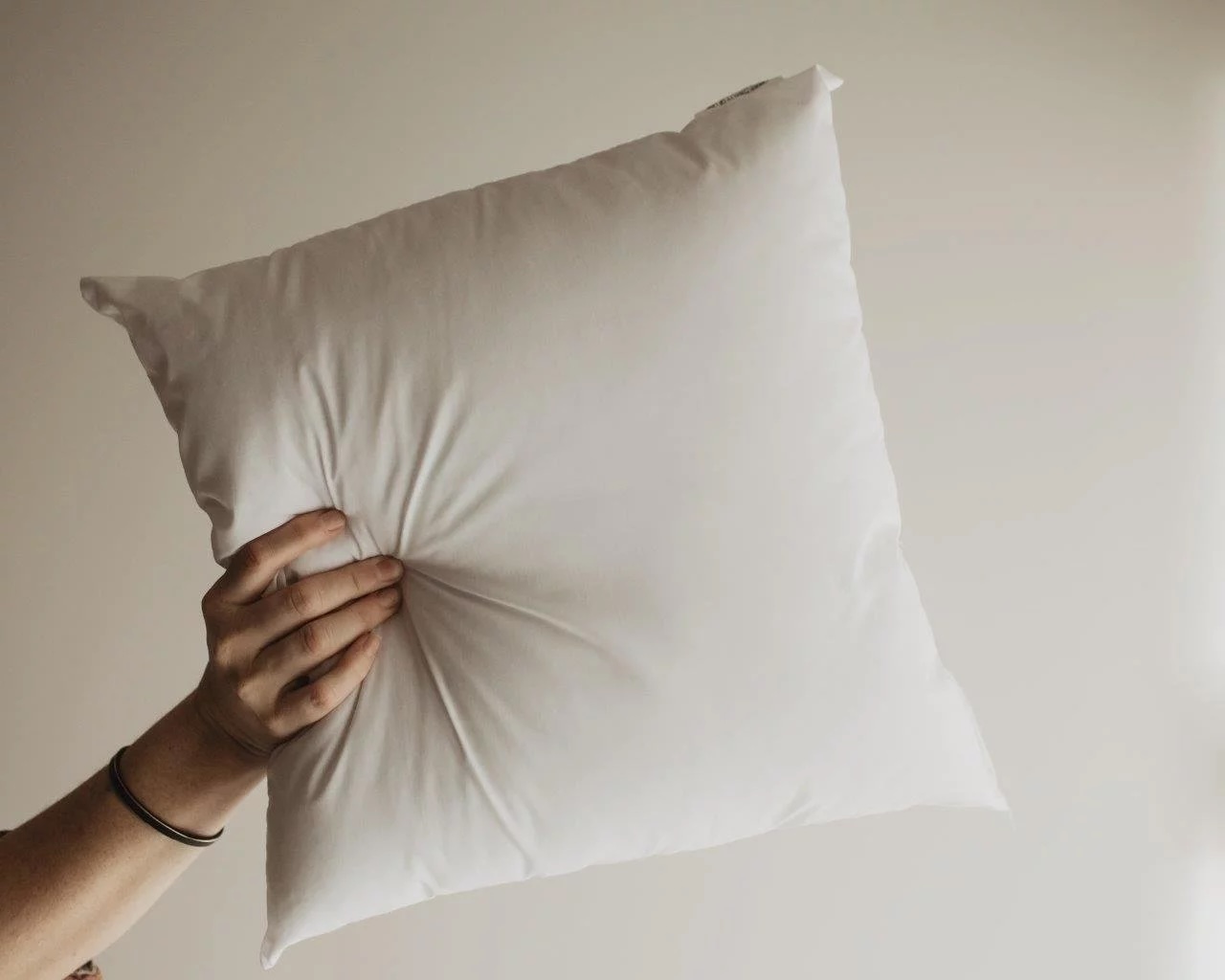
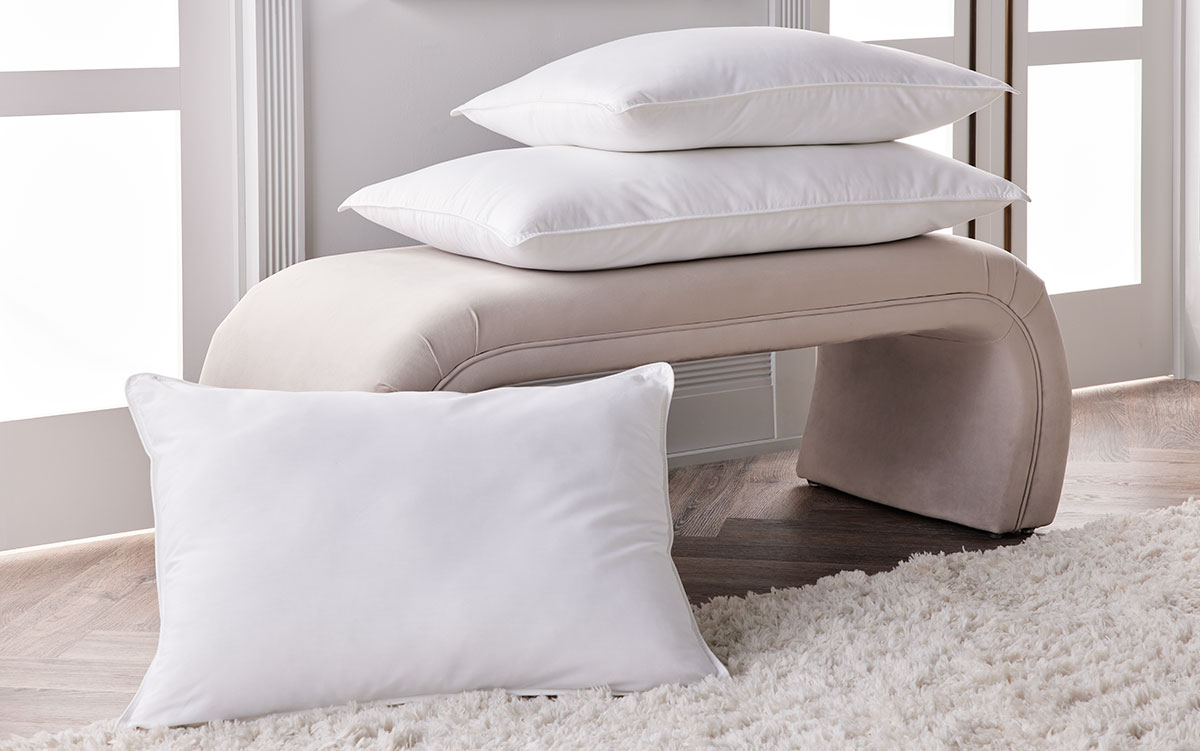
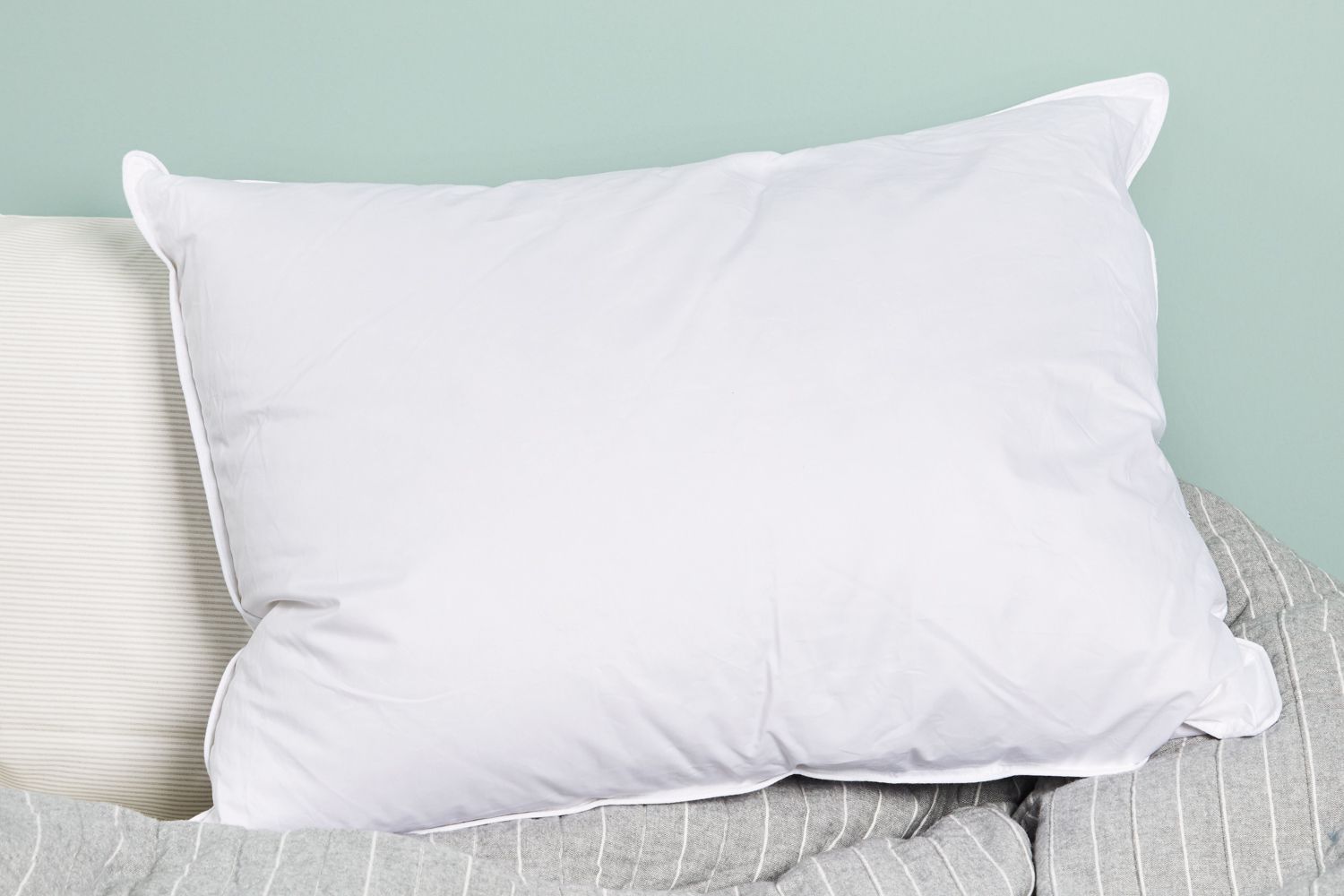
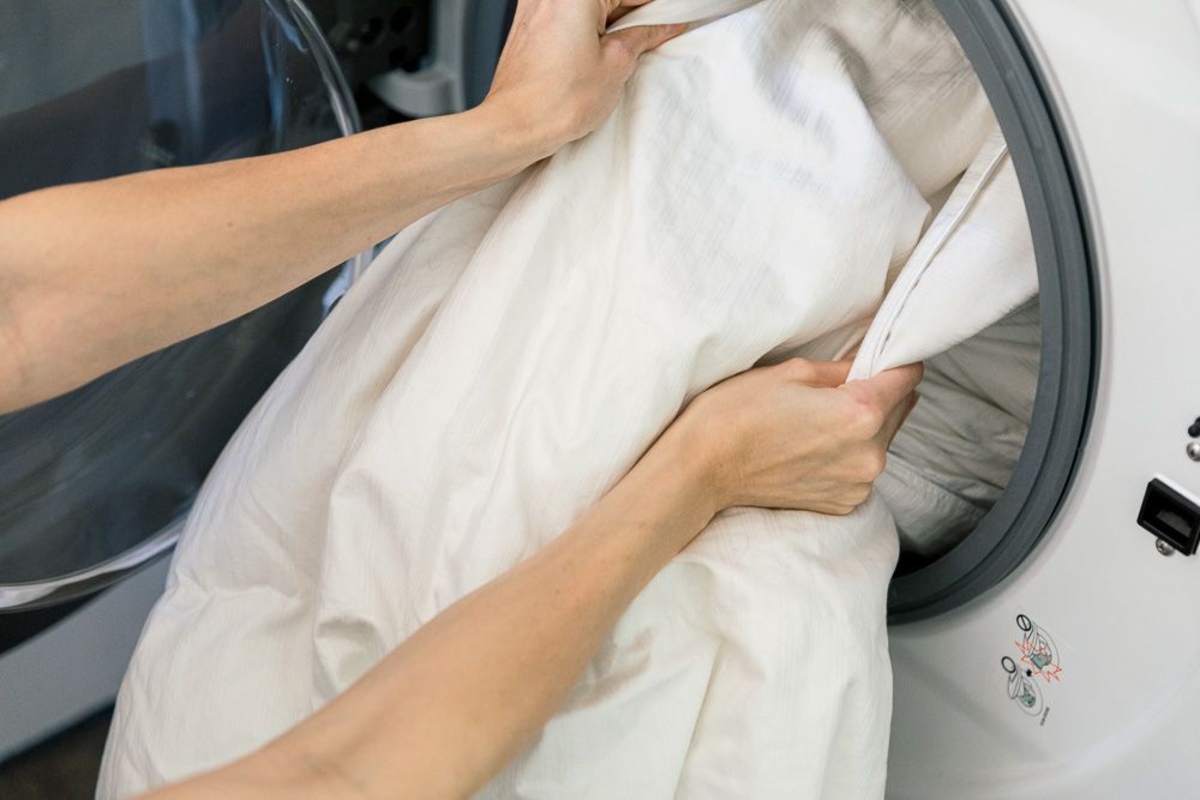
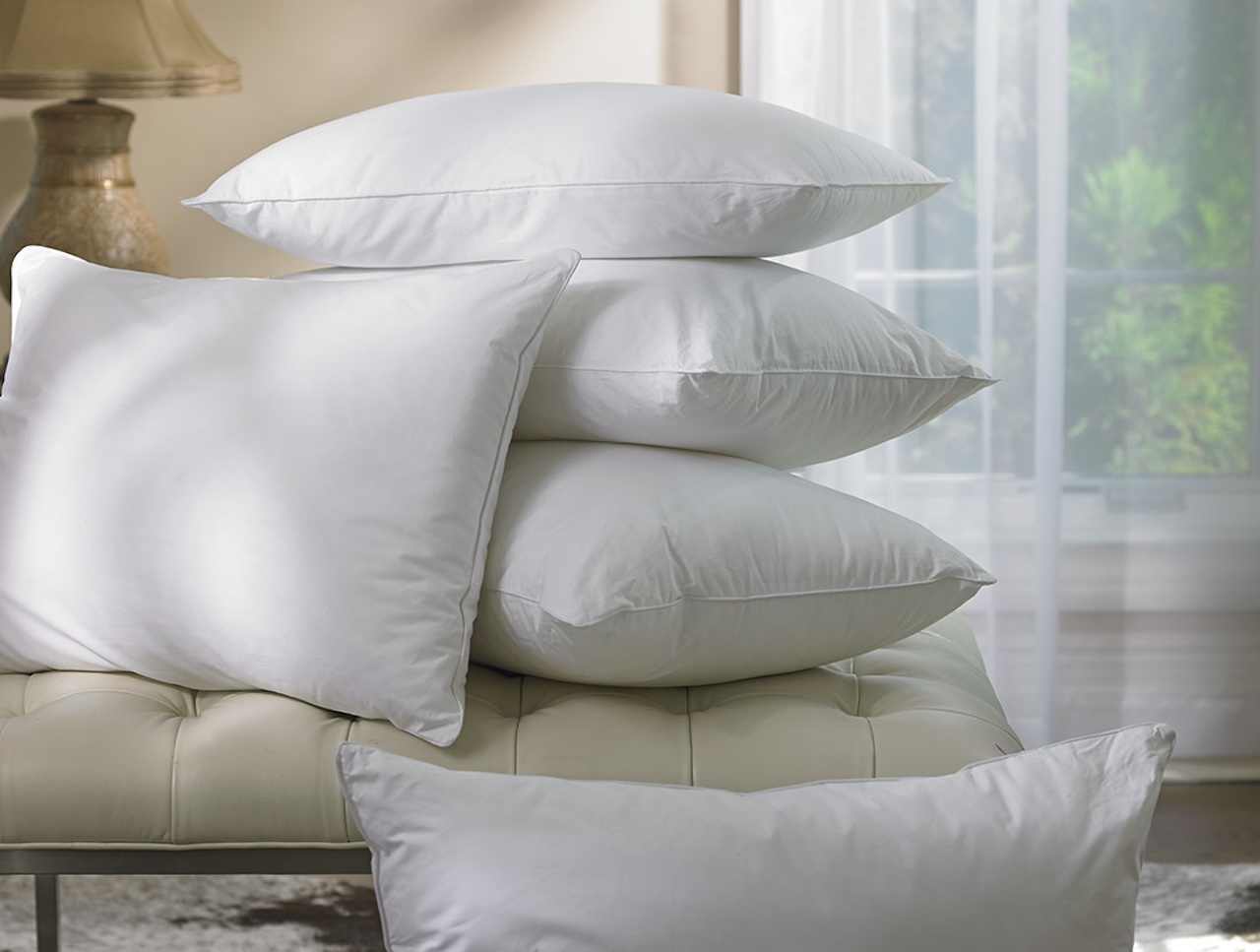
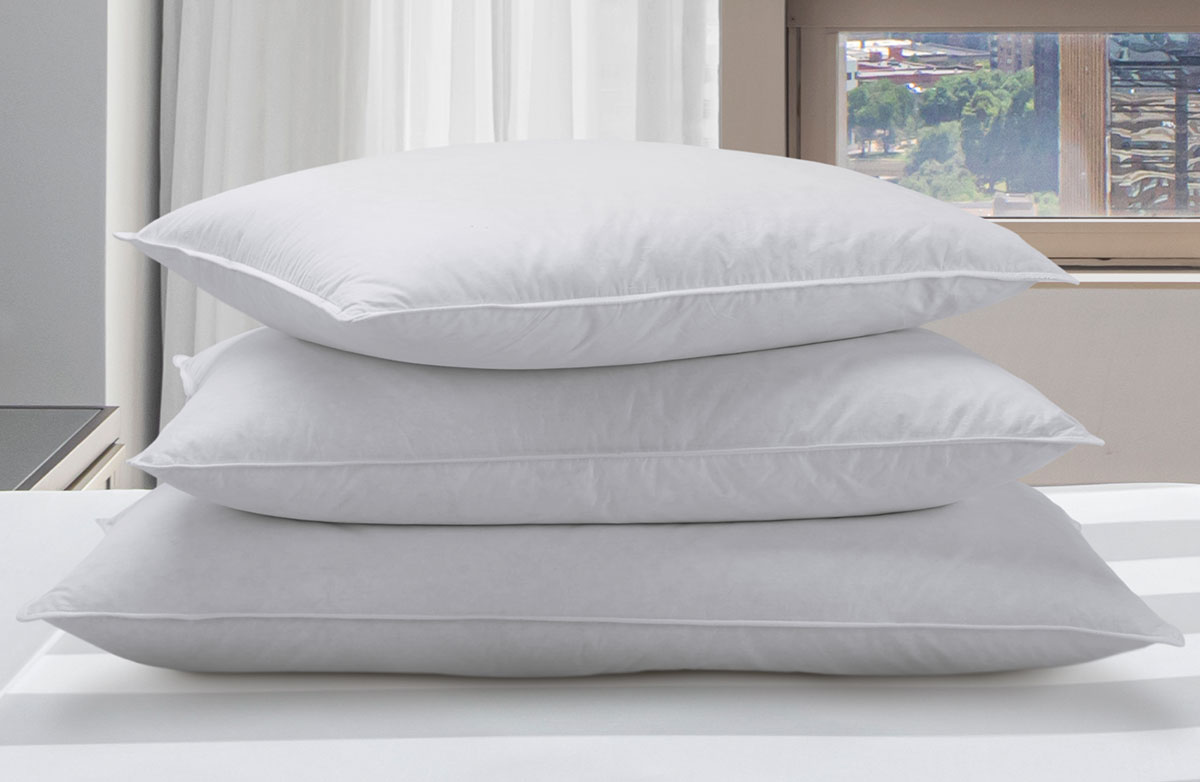


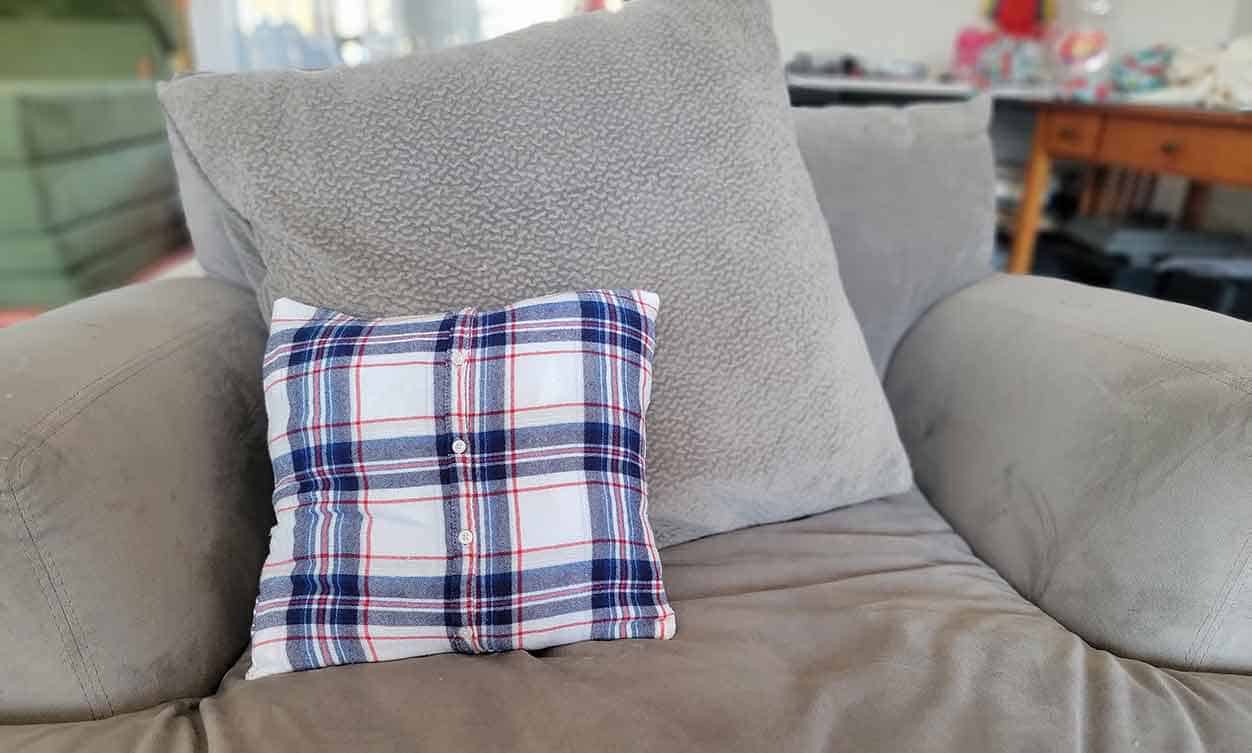

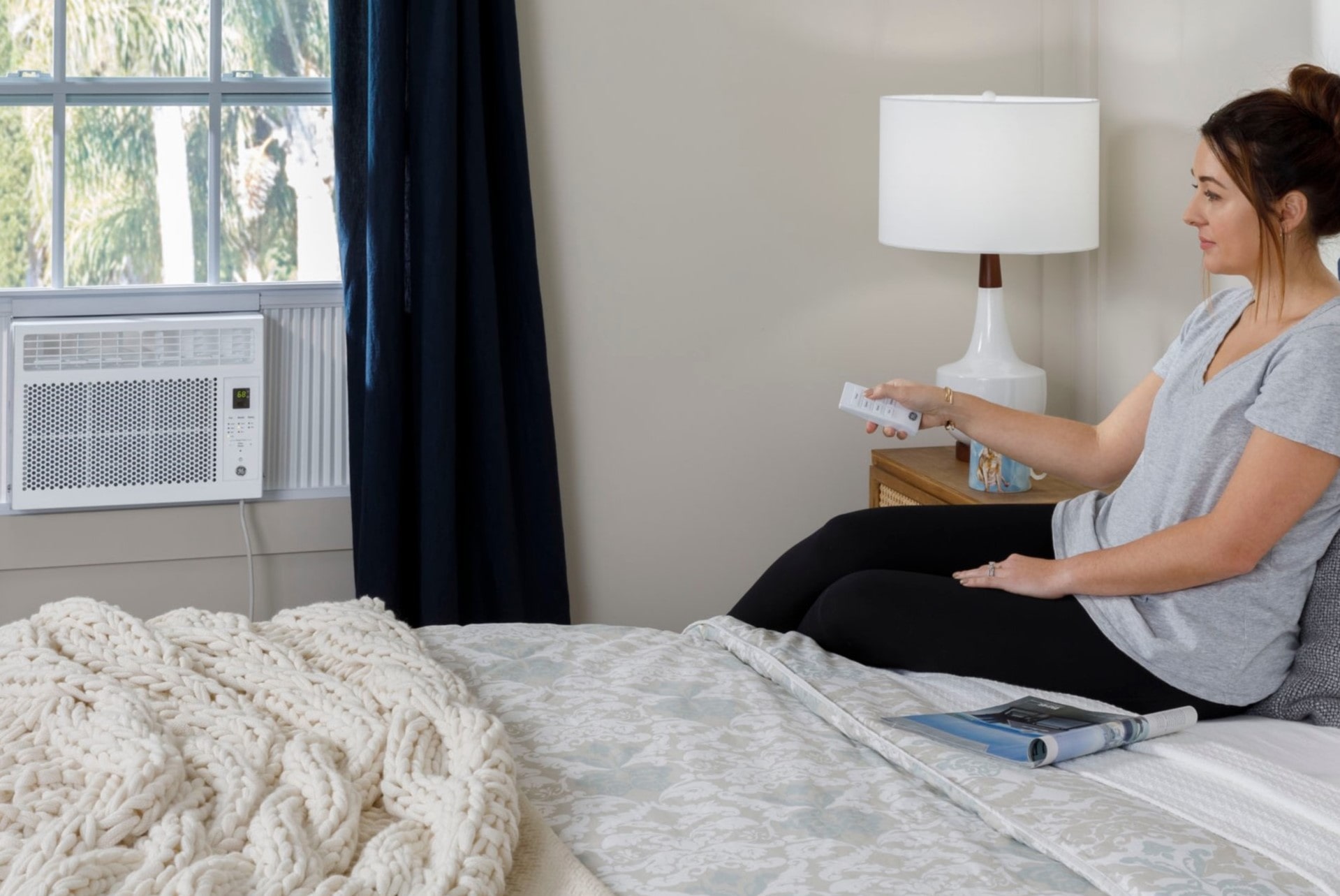

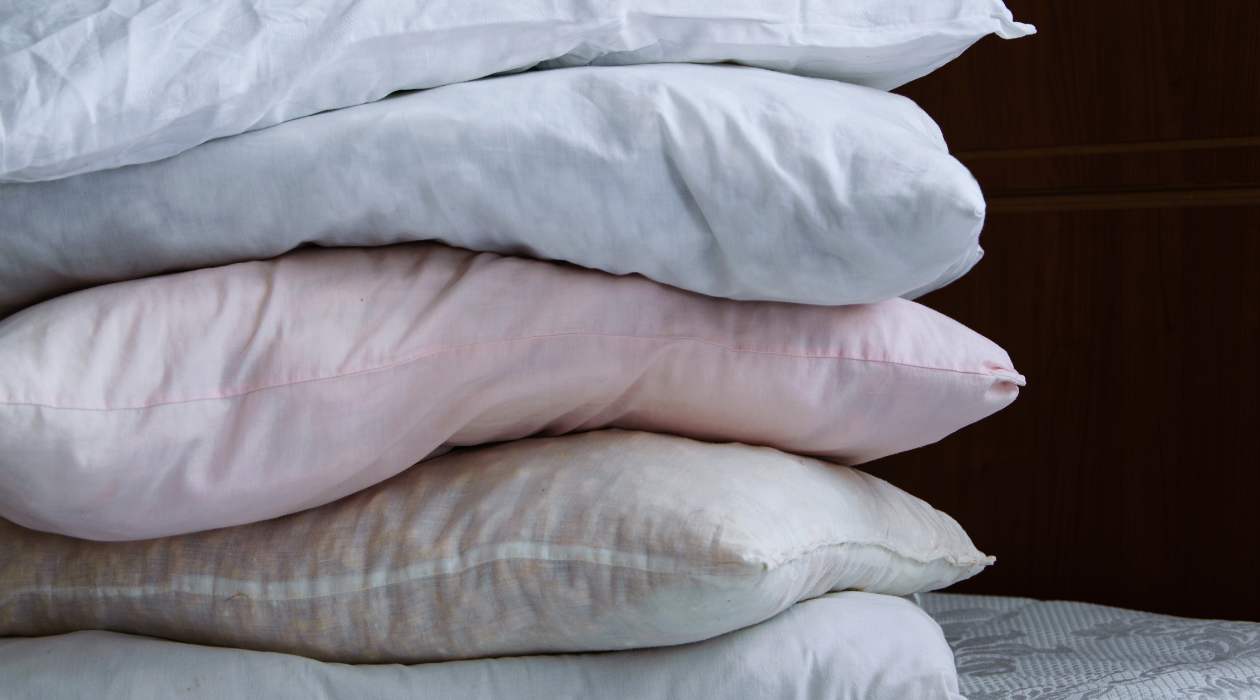


0 thoughts on “Are Down Pillows Ethical? Find Out How This Luxury Filling Is Sourced”